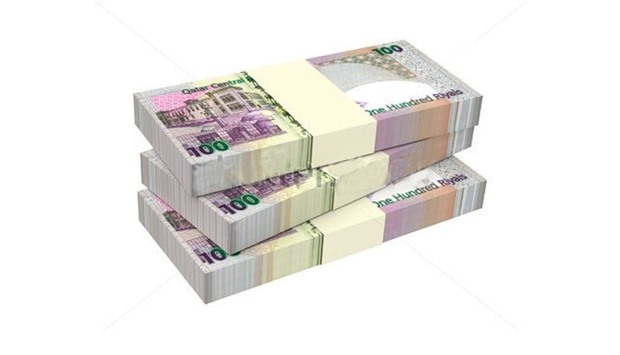Al Mana Exchange senior manager Anand P Jakati said remittance pattern of Indian residents in Qatar was stable since Indian Prime Minister Narendra Modi announced the demonetisation of the Rs500 and Rs1,000 bills from November 8.
“In the last two weeks, remittances from Indian expatriates have increased. At least in our branch, it had gone up by 10% to 15%. But only for this period, of course,” Jakati told Gulf Times.
The same was echoed by Qatar-UAE Exchange country manager Mathai Vaidian, who pointed out that higher exchange rates due to a weaker rupee had pushed remittances to India by at least 5% to 10%.
“Because the value of the rupee has gone down, many people are benefitting from that because of higher exchange rates,” he explained.
On the issue of liquidity at money transfer institutions in India, Jakati said a paying agent will issue a cheque to a beneficiary in case there is a shortage in cash.
“The paying agent, because he will not be in a position to have that much currency, will be issuing a cheque in favour of the beneficiary, and the beneficiary can go to the bank and can deposit it in his or her account or withdraw cash,” he said.
Vaidian explained that customers can send money back to India using two products – ‘cash-to-cash’ or ‘cash-to-bank’.
“If the mode of transfer is cash-to-cash, then the money will go to the beneficiary as cash payment. But if they face any problem with that, we can advise the customer to do cash-to-bank,” he said.
But Trust Exchange general manager KNS Das stressed that liquidity is only a “temporary” issue.
“There are certain cases when cash is not available but because there are a lot of payment centres and banks, there may not be a problem because of the availability of these payment institutions.”
Vadian added: “This is a very good initiative on the part of the government to control black money and counterfeit notes. Initially, there would be some inconveniences to the customers but in the long term it will be an advantage to the government and the public.”
Asked about reports of Indian banks refusing to encash cheques, Jakati emphasised that banks “cannot deny anyone encashing a cheque.”
“The beneficiary could just deposit the cheque in his or her bank account and collect the money through the normal clearing process. And this is only a temporary problem; now I heard cash is already available because the situation has improved a lot,” he noted.
Jakati also said exchange houses in Qatar are accepting new Indian banknotes issued after the crackdown on black money.

Higher exchange rates due to a weaker rupee had pushed remittances to India by at least 5% to 10%
Remittance outflows from Indian expatriates in Qatar are believed to have gone up by 15% since the government crackdown on black money and counterfeit bills, industry sources have said.

